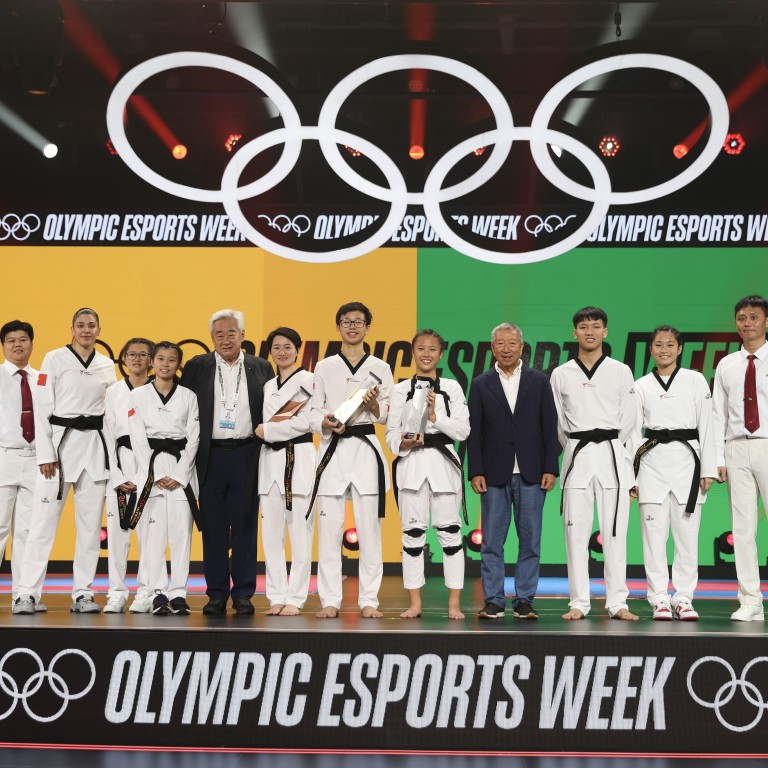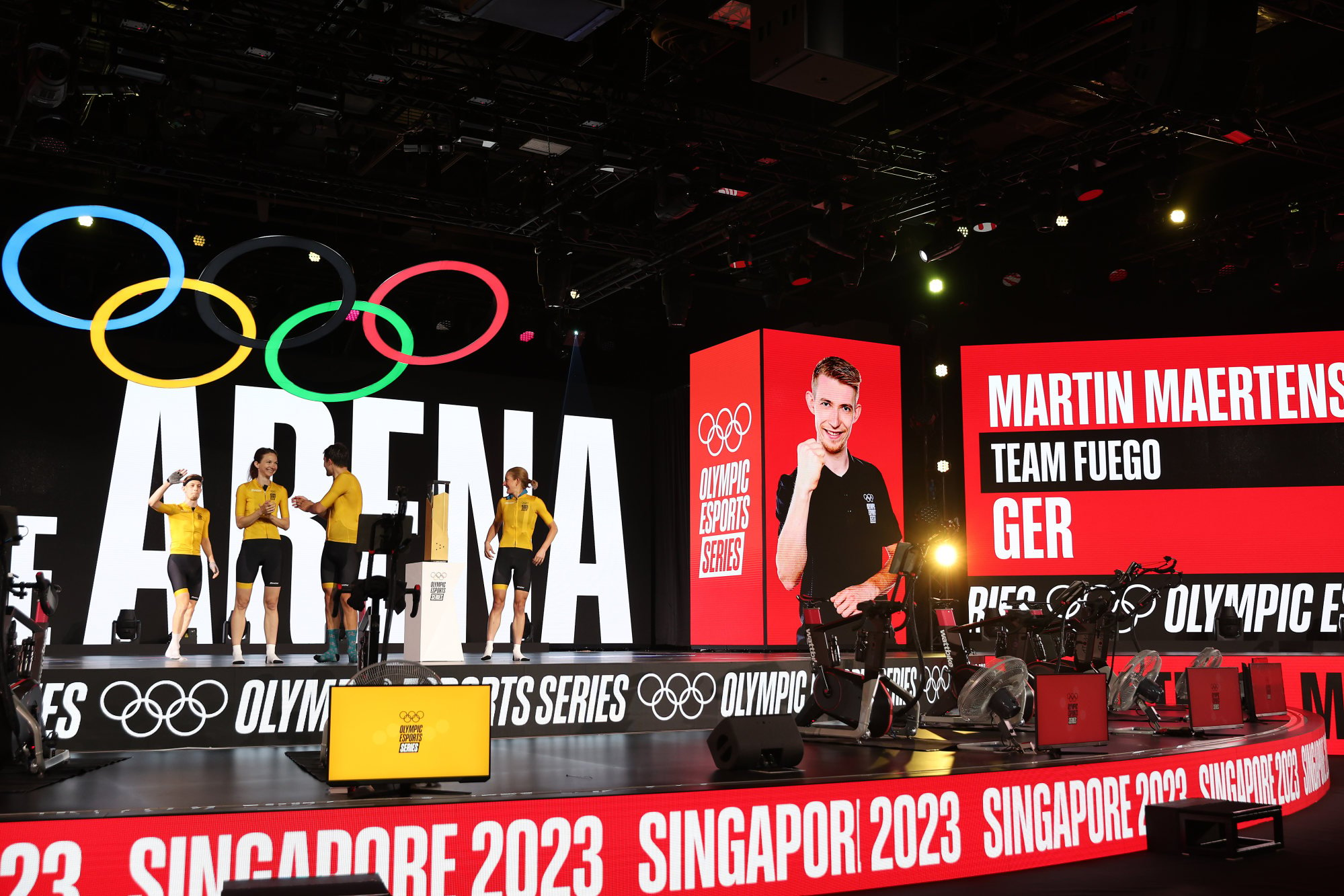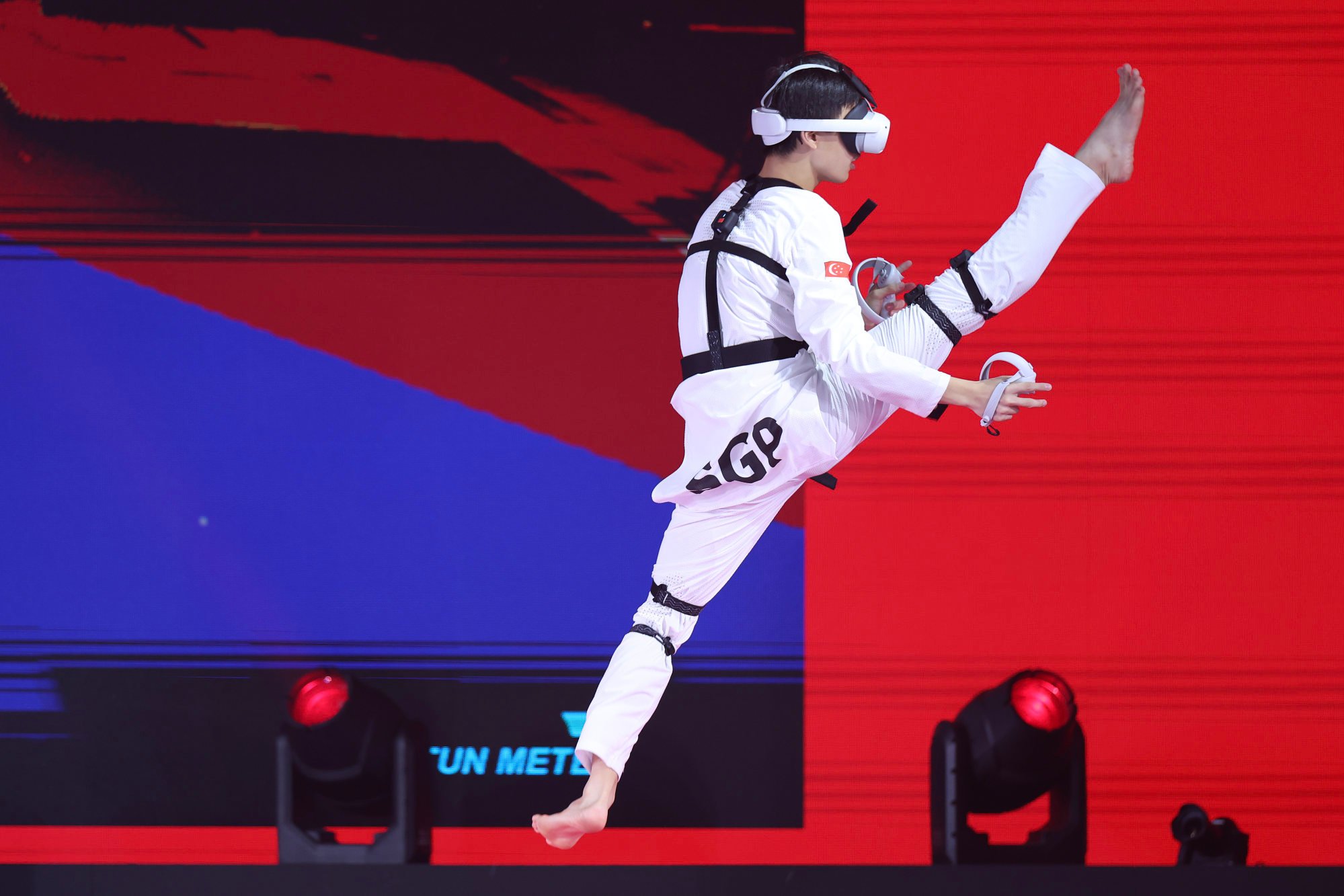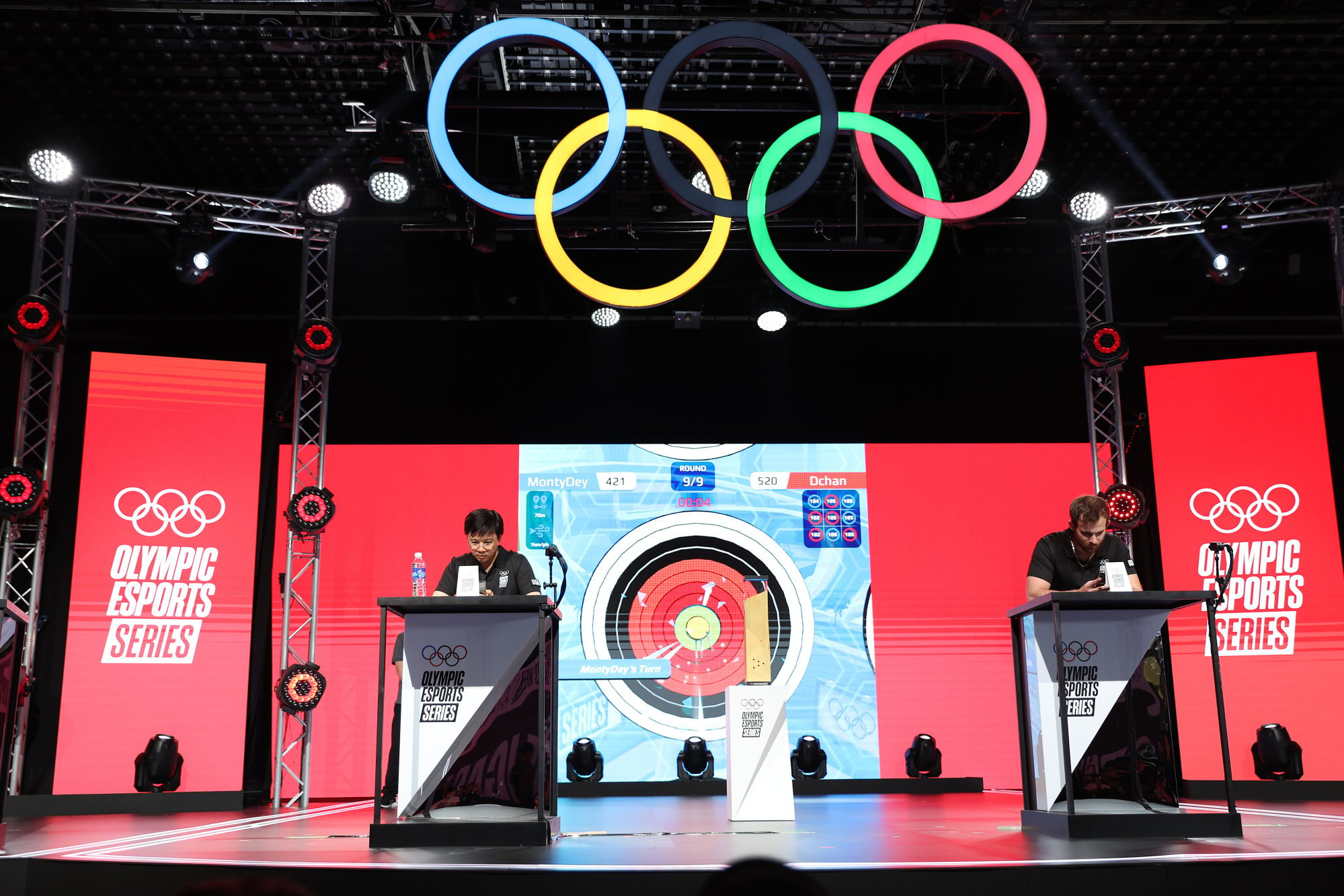
Singapore hosted world’s first Olympic Esports Week in June: government, Singapore National Olympic Council and local industry all combined to support the landmark event
- Olympic Esports Week will boost local esports scene according to Lim Teck Yin, CEO of Sport Singapore while Emerge Group’s Roy Kek praises Singapore’s talent pool of developers and marketers
- The Olympic esports series includes digital versions of sports such as archery, baseball and cycling, but excluded popular games such as League of Legends, StarCraft II: Wings of Liberty and Dota 2
Singapore’s esports industry took a big step forward in hosting the world’s first Olympic Esports Week in June.
Trading on its iconic name, the inaugural competition attracted more than 100 athletes to compete across 10 virtual sports.
“The festival [is] a platform for the local sport industry to collaborate with international federations and tech companies, and this will no doubt give a boost to the development of the local and regional virtual sports scene,” said Lim Teck Yin, CEO of Sport Singapore, a body under the Ministry of Culture, Community and Youth.
This was not the first time Singapore has hosted novel events of such scale. The country also hosted the first Youth Olympic Games in summer 2010.

Government support is critical in presenting the city as a place to host new events, according to Roy Kek, CEO of marketing technology company Emerge Group. “Our government has been very appreciative and welcoming in terms of having the gaming industry in Singapore,” said Kek. “They take a lot of initiative with regards to getting different types of gaming into Singapore.”
Originally established mid-pandemic in 2021 as the Olympic Virtual Series, Singapore hosted the first in-person Olympic Esports Series finals between June 22 and June 25.
“It has been great, even though most other countries do not welcome these world championships due to Covid-19,” added Kek. “I believe one of the key rationales of why the Olympic Esports Series is hosted here is because our Singapore National Olympic Council is also very supportive of it.”
Hosting the first annual competition will put Singapore in the history books – although to some the city state was not an obvious choice. “Our population is definitely smaller compared to other counties. Some of the game developers may not be targeting Singapore as one of the key markets,” said Kek.

The user base is huge in Indonesia and the Philippines too is much larger. But many developers still spend marketing dollars in Singapore because the city has always been known as a branding hub not just in gaming but across many sectors.
“Singapore has been known to have a fantastic talent pool both on the developers’ and the marketing side,” said Kek.
Singapore’s gamers spent US$327 million in 2019 while 46 per cent of the online population watched video game content and 21 per cent watched esports, according to a report by the US-based International Trade Administration. According to a report from Deloitte, by 2022, the average Singaporean video gamer was spending S$50 (US$38) on video gaming-related consumption per month.
Singapore’s gaming industry is developing quickly and linking to other sectors, like education. Campus Legends, a Singapore Cybersports & Online Gaming Association (SCOGA) initiative, is an annual esports tournament that educates the youth to excel through esports.

“Things are on the right track. It may not be super popular now, but at the end of the day, it will definitely be good as we are moving towards this direction,” said Kek.
Before the finals, Edwin Tong, minister for Culture, Community and Youth, and second minister for Law, said the event would “catalyse the development of sport technology and innovation in virtual sports and showcase new avenues for Singaporeans to lead an active lifestyle”, and “create new common ground by bringing together different communities.”
To support the development of the esports industry in Singapore, Kek believes that cross-border collaborations are also important, but Singapore may have to act as the leader of such initiatives.
Increasing salaries for esports athletes will also prove important. Singapore is known to have a high living standard, with many things on the pricier side. Professional esport athletes are not paid well compared to other professional jobs, according to Kek.
With the Olympic Esports Series being held in Singapore, it really showcases to parents and the older generations that gaming and esports can be a legitimate career
For example, a marketing executive earns around S$3,000-S$4,000 (US$2,270-US$3,000) a month, but esports athletes in general take home about S$1,000-S$2,000 (US$750-US$1,500). However, in Indonesia, Malaysia and the Philippines, US$1,500 would be considered a very good salary.
And with a growing fan base and sponsorship opportunities, esports salaries are only set to increase in coming years.
Compared to its neighbours, Singapore has always had a more tax-friendly environment for business, which makes it easier to attract companies to set up a base in the country.
“The Singapore government has always given entrepreneurship grants in different sectors of business. But that has not been super prevalent yet for gaming,” said Kek, who suggests the Singapore government should consider gaming as a key vertical for development, offering grants to gaming companies that can help uplift the entire sector.

“Asian parents do not really treat gaming as a legitimate career path. With the Olympic Esports Series being held in Singapore, it really showcases to parents and the older generations that gaming and esports can be a legitimate career. So, I think that this is a very good initiative to move the entire industry forward,” said Kek.
The Olympic esports series included digital versions of sports such as archery, baseball and cycling, but excluded some popular games such as League of Legends, StarCraft II: Wings of Liberty and Dota 2.
While entire sports such as basketball are not “owned” by anyone, games played in esports events tend to be produced by individual developers, which makes it tough to reach agreement in terms of royalties, marketing and publishing fees.
“I feel that having virtual sports included really showcases that there is room for growth for esports and gaming,” added Kek. “Having such virtual sports as a start is a very good indicator of the gaming industry as a whole.”

